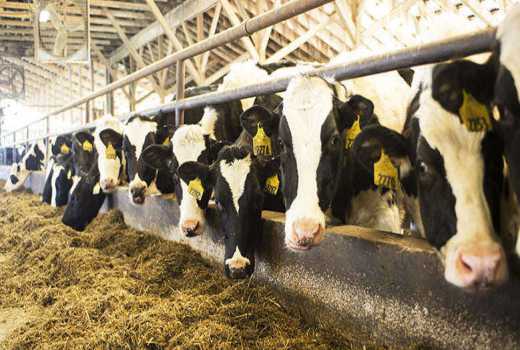×
The Standard e-Paper
Smart Minds Choose Us

A new hustle is bustling along the country’s highways: selling hay by the roadside. Pickups, donkey carts and lorries full of bales of hay are especially common along the Karatina-Nairobi road. One bale of hay costs about Sh250, says Francis Mwangi of Joy Farm in Lanet, Nakuru.
In the past, grass would grow and wither with the seasons. Now it’s harvested and stored until the dry season sets in. Why is grass becoming almost as precious as water?